Precision oncology is transforming how we understand and treat cancer. It’s not just a buzzword—it’s a seismic shift from the traditional “one-size-fits-all” approach to a more personalized, targeted strategy rooted in molecular biology and data-driven medicine.
Historical Overview: From Broad Treatments to Tailored Therapy
The journey of precision oncology began with the completion of the Human Genome Project in 2003, which opened doors to a deeper understanding of cancer at the genetic level. Before this, cancer treatment was largely based on the tumor’s location in the body—breast, lung, colon, etc.—with limited regard for the biological individuality of each patient’s tumor.
In the early 2010s, the term “precision medicine” gained traction, popularized further when it was featured in President Obama’s 2015 Precision Medicine Initiative. The concept was then narrowed in focus to oncology, giving rise to the field now widely referred to as precision oncology.
What is Precision Oncology?
Precision oncology is a cancer treatment approach that customizes therapy based on the genetic makeup of an individual’s tumor. Instead of solely relying on the cancer’s anatomical location, precision oncology analyzes molecular changes—mutations, gene expressions, and protein markers—that drive cancer growth.
Real-World Example:
Imagine two patients diagnosed with non-small cell lung cancer. Under traditional treatment, both might receive the same chemotherapy. However, using precision oncology, genomic testing may reveal that one patient has an EGFR mutation, making them eligible for a targeted therapy like erlotinib, while the other patient, with a KRAS mutation, would follow a different targeted path.
This approach increases the effectiveness of treatment while reducing unnecessary side effects from therapies that may not work for specific genetic profiles.
Related Terms You Should Know
Understanding precision oncology also involves familiarity with several overlapping and often interchanged terms:
Personalized Medicine: An umbrella term that includes precision oncology, focusing on tailoring treatment to the individual.
Targeted Therapy: Drugs that target specific molecules involved in cancer growth.
Molecular Profiling: Testing cancer tissue or blood for genetic alterations.
Biomarkers: Biological indicators used to guide treatment decisions.
Companion Diagnostics: Tests developed alongside drugs to identify suitable patients.
Though sometimes used synonymously, these terms have subtle distinctions. Precision oncology is unique in its laser focus on molecular drivers of cancer.
Why Precision Oncology Matters
✔ Better Outcomes:
Patients receiving therapies matched to their cancer’s genetic profile often experience higher response rates and longer survival times.
✔ Fewer Side Effects:
By avoiding ineffective treatments, patients are spared unnecessary toxicity.
✔ Data-Driven Decisions:
With advances in AI, bioinformatics, and genomic sequencing, oncologists can make more informed, evidence-based treatment decisions.
The Role of Artificial Intelligence in Precision Oncology
AI plays an increasingly critical role in analyzing complex genomic data to identify potential treatment pathways. Algorithms can compare a tumor’s genetic profile against large datasets to predict which therapies are most likely to work, making treatment more accurate and timely.
Global Accessibility and Challenges
Despite its promise, precision oncology faces challenges:
Cost and accessibility, especially in low- and middle-income regions.
Limited availability of genomic testing in some healthcare systems.
Ethical concerns related to genetic data privacy.
Yet, global trends suggest that as technologies become more affordable, precision oncology will become the standard of care, not the exception.
Future Outlook
Emerging trends include liquid biopsies (blood tests for cancer DNA), multi-omic profiling (integrating genomics, proteomics, and metabolomics), and the integration of real-world data to continuously refine treatment protocols.
Precision oncology is no longer a glimpse into the future—it is the present reality of cancer care, ushering in a new era of hope, specificity, and science-driven healing.


